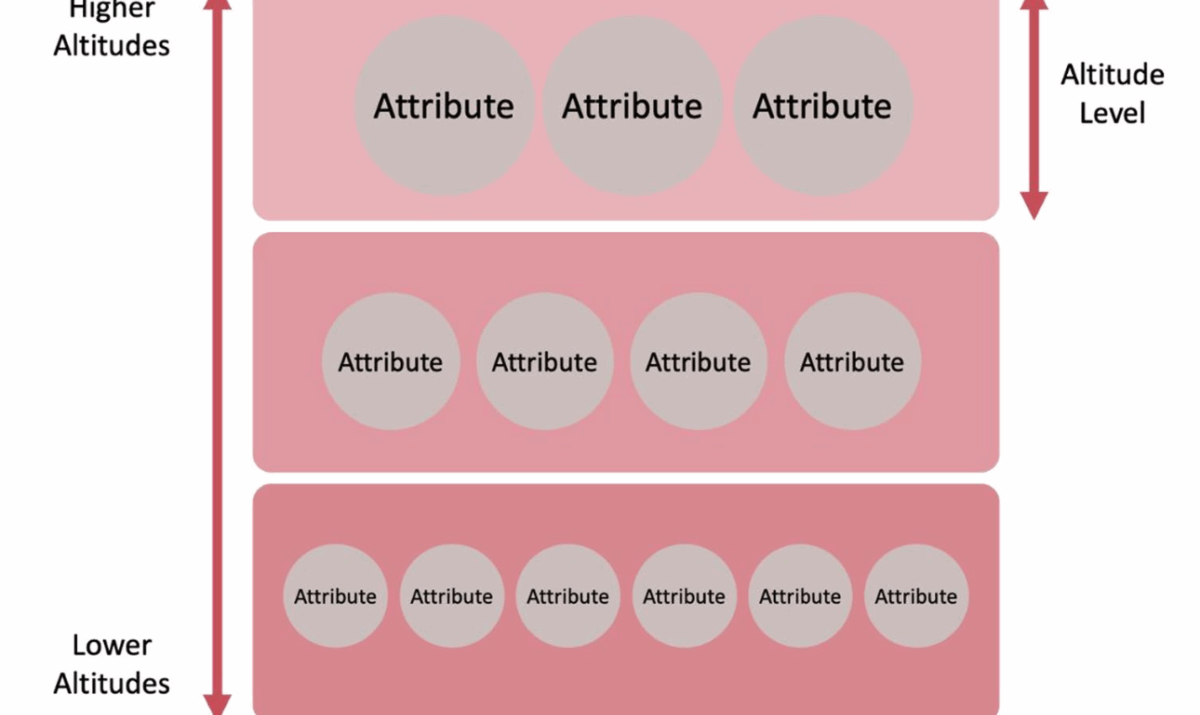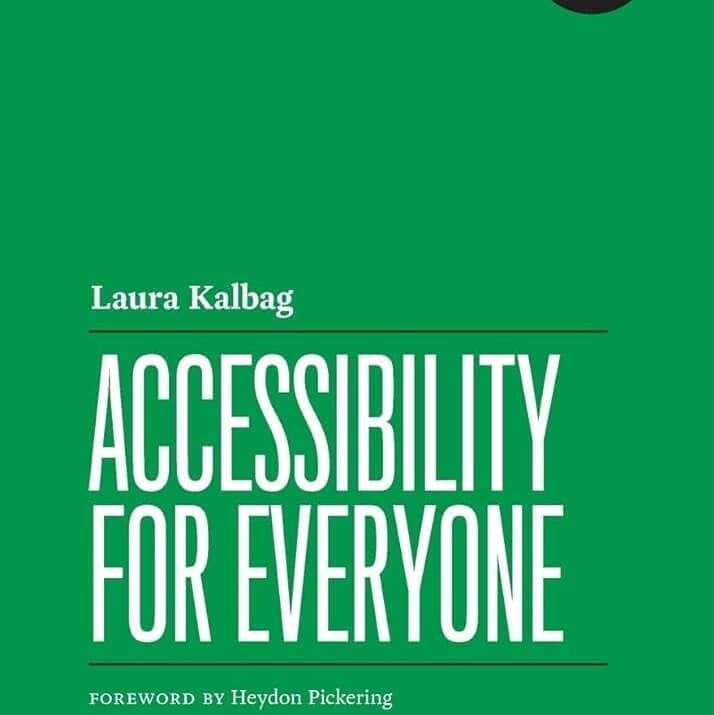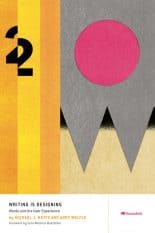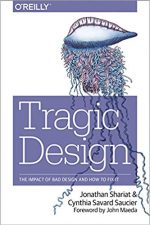A review of
The Persona and Journey Map Playbook: Designing Human-Centered Artifacts to Inspire and Drive Change
Apress
374 pages, 18 chapters
About this book
by Andrew Schall
Book Website
A good reference for Methods/How-To
Primary audience: Researchers and designers who are new or have some experience with the topic
Writing style: Matter of…










